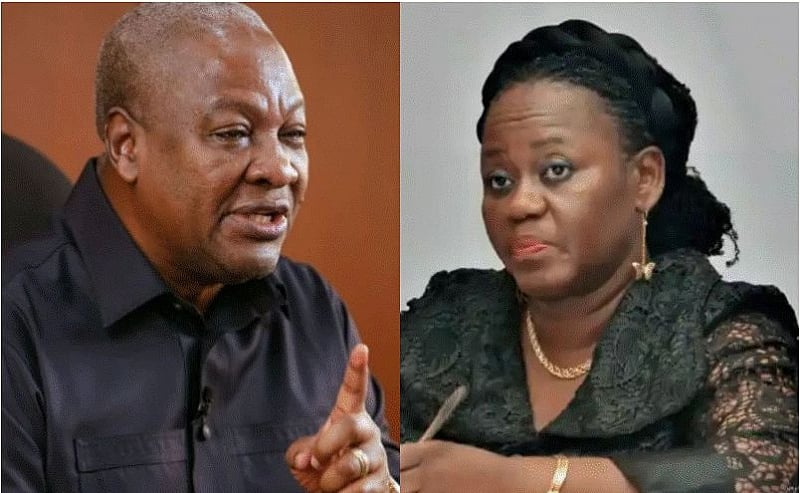The suspension of Chief Justice Gertrude Araba Esaaba Sackey Torkornoo by President John Dramani Mahama marks a significant development in Ghana’s judicial landscape. This action, taken under the authority of Article 146(6) of the 1992 Constitution, follows the submission of three petitions alleging misconduct against the Chief Justice. After due consultation with the Council of State, President Mahama determined that a prima facie case existed, warranting further investigation. The suspension, pending the outcome of a formal inquiry, underscores the importance of upholding judicial integrity and accountability within Ghana’s constitutional framework. The move has undoubtedly generated public interest and raises questions about the specifics of the allegations and their potential implications for the judiciary.
The constitutional process surrounding the suspension of a Chief Justice is meticulously outlined in Article 146. This article provides a framework for addressing allegations of misconduct against high-ranking judicial officers, ensuring a balance between accountability and the protection of due process. The President’s power to suspend is contingent upon consultation with the Council of State and a determination of a prima facie case. This initial assessment does not imply guilt but rather indicates that the allegations, if proven true, could warrant removal from office. The establishment of an investigative committee is a crucial step in this process, tasked with thoroughly examining the evidence and providing a recommendation to the President.
The composition of the committee tasked with investigating the allegations against Chief Justice Torkornoo reflects a commitment to ensuring impartiality and expertise. Chaired by Justice Gabriel Scott Pwamang of the Supreme Court, the committee comprises individuals with distinguished legal and public service backgrounds. The inclusion of Justice Samuel Kwame Adibu-Asiedu, also of the Supreme Court, brings further judicial experience to the panel. The presence of Daniel Yaw Domelevo, the former Auditor-General known for his rigorous approach to financial accountability, adds a crucial dimension to the investigation. Major Flora Bazaanura Dalugo of the Ghana Armed Forces and Professor James Sefah Dzisah, an Associate Professor at the University of Ghana, contribute diverse perspectives and expertise to the committee’s deliberations.
The process leading up to the suspension involved the submission of three separate petitions to the Council of State, as prescribed by Article 146(6). The Chief Justice was afforded the opportunity to respond to these allegations, which she formally did on April 7, meeting the deadline set by the President. While the specific contents of the petitions and the Chief Justice’s response remain confidential at this stage, their disclosure could significantly impact public perception of the case. Maintaining confidentiality during the investigative phase is crucial to protect the integrity of the process and avoid prejudicing the outcome.
The suspension of Chief Justice Torkornoo, while a significant event, is an interim measure pending the outcome of the committee’s investigation. The committee will meticulously examine the evidence presented in the petitions and the Chief Justice’s response, conducting hearings and gathering further information as necessary. Their final report will provide a comprehensive analysis of the allegations and offer a recommendation to the President regarding the Chief Justice’s future. Pursuant to Article 146(10), the President will then make a final determination based on the committee’s findings and the advice of the Council of State.
This situation underscores the importance of robust mechanisms for ensuring judicial accountability within a democratic framework. The constitutional provisions outlining the process for addressing allegations against judicial officers are designed to protect both the integrity of the judiciary and the rights of individuals facing such accusations. The transparency and fairness of the process are paramount to maintaining public trust in the judicial system. The outcome of this investigation will undoubtedly have significant implications for the future of Ghana’s judiciary and the individuals involved.














